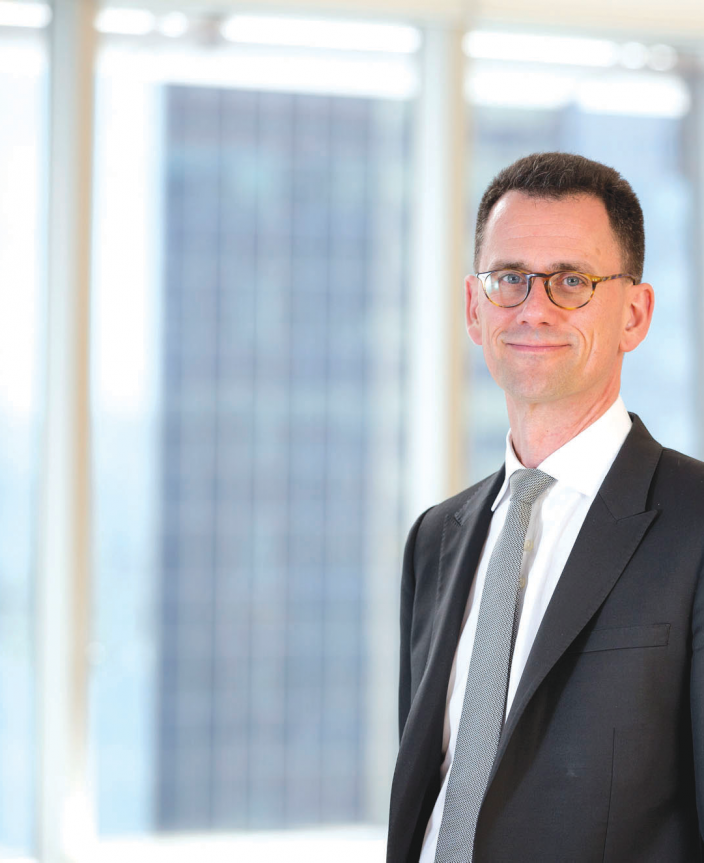Richard Boele was one of the first people in the world to have a corporate job with ‘human rights’ in its title.
Boele began his journey in corporate human rights with Anita Roddick’s Body Shop in 1995.
Roddick was a ground breaker, introducing the idea that customers should think about the impact of their purchases on human and animal rights and the environment. Boele was her Human Rights Campaigns Manager.
He will explore his journey with the audience at this year’s IEU Support Staff Conference My Values, My Work on Friday, 13 September at the Mercure Sydney.
The conference examines what values people get out of and put into their work and lives more generally, and Boele is the perfect keynote to talk about values in the workplace.
Now Partner with KPMG Banarra, Human Rights and Social Impact Services, Boele founded Banarra Ltd in 2004 as a human rights consultant and change agent, working with well known organisations such as financial services, mining, infrastructure and others. KPMG acquired Banarra in 2015.
Boele said his passion for human rights evolved from many sources, including his mother’s struggles in working class Rotterdam, his own experience backpacking in Tibet and witnessing human rights protestors being shot down by the authorities and his Buddhist faith.
“I have been fortunate to find work where my role allows me to be an advocate for my values.
Boele’s work often intersects with the labour movement, as making sure there is no exploitation of workers in the supply chain is crucial. The use of sub-contractors and labour hire firms exposes employers to a greater risk of human rights abuses.
“I am proud of the work I did with the Cleaning Accountability Framework,” he said,
The most vulnerable workers were often those subcontracted at the most distant end of the supply chain, such as cleaners, he said.
Working with a number of stakeholders, such as property managers, cleaners, United Voice and the Fair Work Ombudsman, the Framework was developed so that CBD buildings around Australia can now display a certificate indicating their cleaners are treated within the law.
“People often assume because there are employment laws and awards people are safe. That’s not the case. The laws are too often not followed, especially when the systems are not in place. We’ve seen that with cleaners, it also happens with farm workers.”
Boele said he enjoys the tension that exists between the commercial imperative and the growing concern for issues like human rights and social impacts.
“There’s always tension, and I work in the grey areas in between all this, seeking compromise solutions.
“The fact that my role exists and there’s a demand for my work shows we are moving in the right direction.”
For conference details and booking see https://www.ieu.asn.au/event-list/event-detail?eid=3686








































































































































